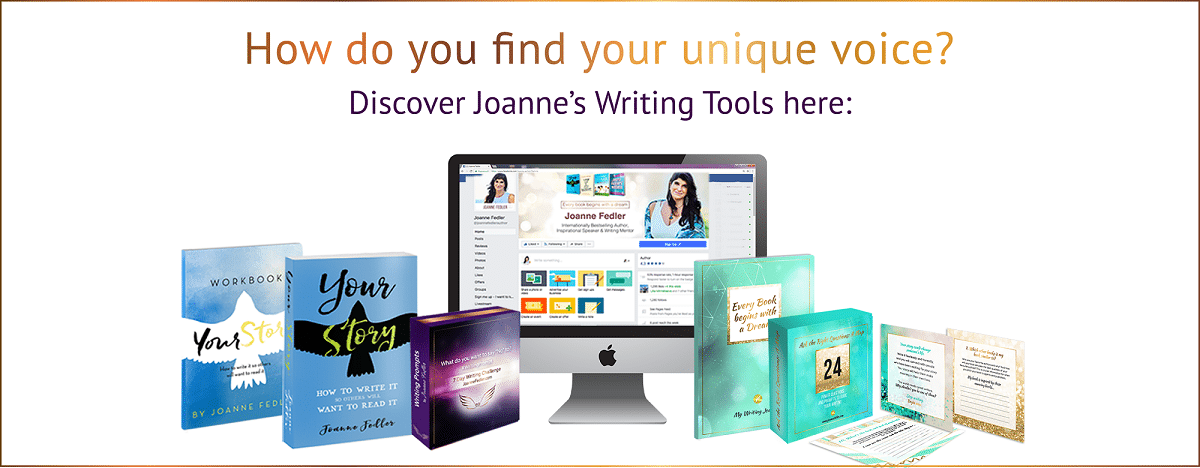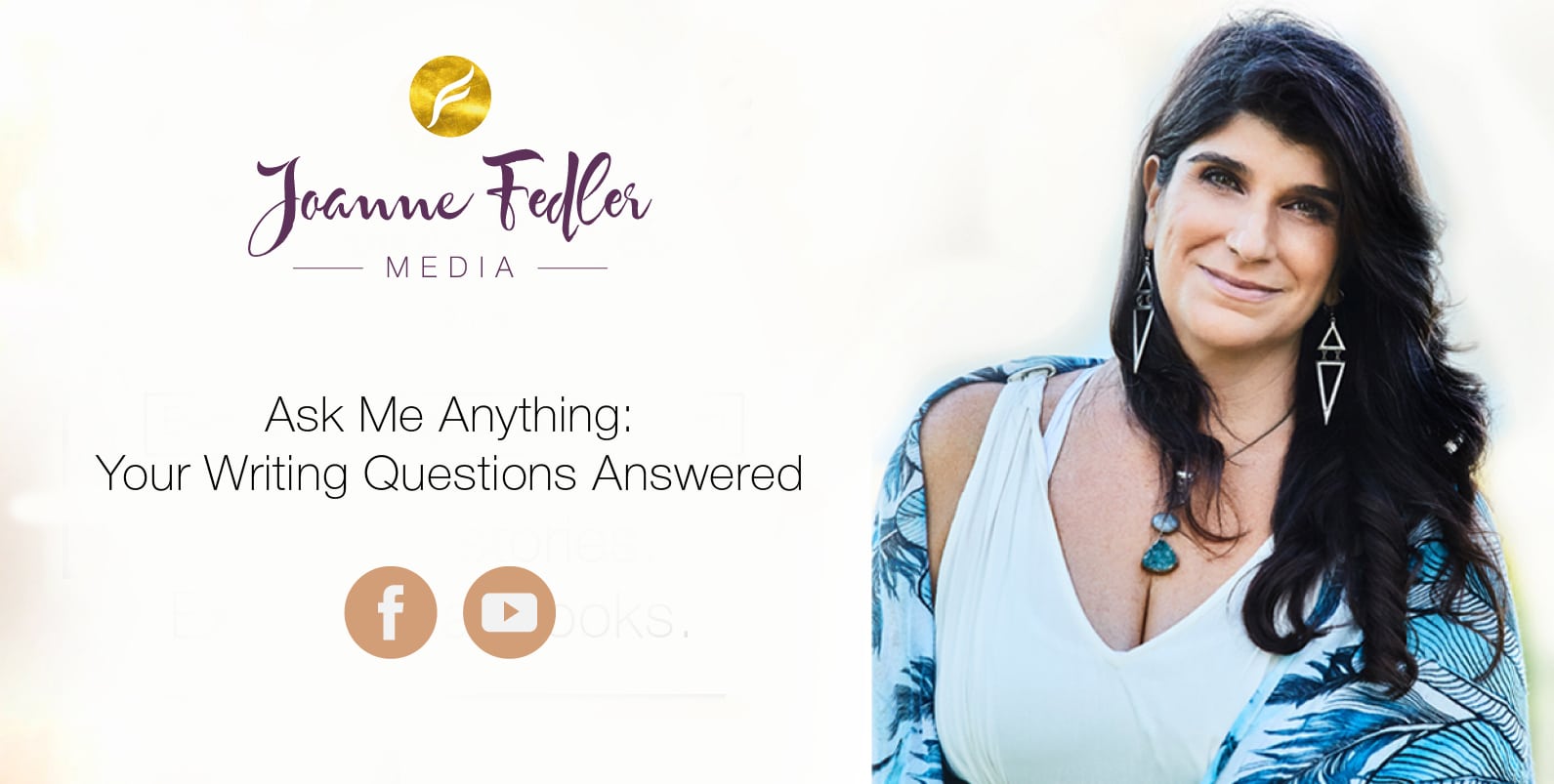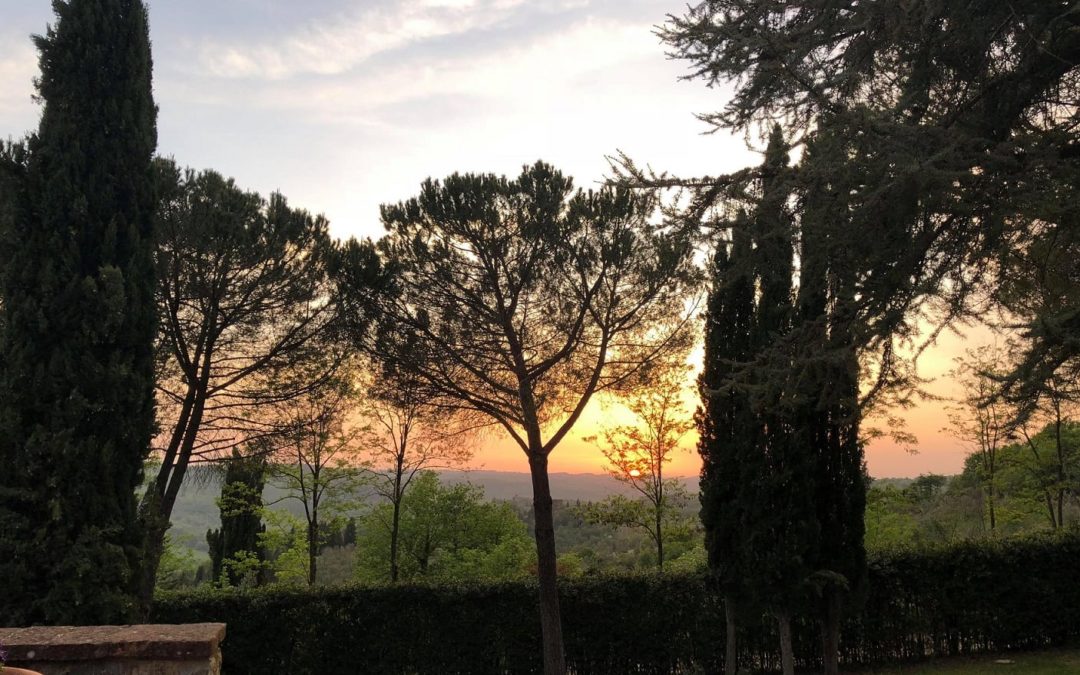
Where Is My Writing Voice?
Where Is My Writing Voice?
When I heard the question, “How do I find my writing voice?” I had this vision of searching my house. Looking behind the cushions on the couch, checking amongst the debris long forgotten in the back of my wardrobe, maybe even turning out the rubbish bin in my desperation. My plaintive cries of, “Voice, where are you?” getting louder and more anguished as my feverish, fruitless search intensified.
I imagined my writing voice as this mystical, elusive, willful creature that I somehow needed to persuade to come and work for me. I believed once I had secured its services all my troubles would be over, writing would become effortless, miracles would rain from the heavens, doors would open and I’d be showered with success. Yet my quest for the writer’s “Holy Grail,” my very own writer’s voice, felt hopeless. I wondered where to turn next. Perhaps I could try someone else’s on for size: “Writing Voice Wanted. Please Apply Within.”
It was in those simple words I’d finally unearthed my answer: apply within. I wasn’t going to find it racing around, asking others for help. It wasn’t lurking out there somewhere, hoping to be noticed. It was inside me waiting to be rediscovered.
It wasn’t even lost – it had just been hiding. Hiding behind all those old fears and doubts that I’d been carrying around. It had disappeared behind that rock I’d stuck in my own way that said, “I have nothing to say that anyone would want to hear.” It shrank to a whisper each time I’d thought, “They know more than I do,” “they are more interesting than I am,” “more qualified,” perhaps even “more important.”

.
About Fiona
Fiona MacKay is a freelance writer and wildlife photographer who enjoys sharing her passions for creativity, travel, environmental issues, holistic lifestyles, complementary therapies and wildlife photography through the written word. She is a propagator of trees, flowers, thoughts and ideas and is currently writing her first book – a guide to the palliative care of animals under the guidance of Joanne Fedler.
www.FionaMacKayPhotography.com
Finding your writing voice does require a quest. Not the comical searching down the back of the couch kind, but rather one of quiet internal reflection. Armed with the courage to be vulnerable and the confidence to value yourself and your life, you need to look lovingly and with self-compassion in the mirror. Not giving just a quick glance, but a long hard look.
Your voice is waiting amongst the scars of the life you’ve led. It resonates with all the memories you’ve created, the places you’ve seen, the things and people you’ve loved, and lost, all the pain you’ve survived, every time you’ve laughed or cried and every ounce of wisdom you have accumulated. It vibrates to the unique tone, pitch and harmony of every thought, emotion, memory and experience you’ve ever had.
It is simply you on the page. Not trying to be anyone else. Not trying to impress anybody. Just you, unfettered, unadulterated, free and true.
You need to give yourself permission to use it. Not the voice that whispers what you think people want to hear. The voice that rises from your heart imbued with the passionate imprint of your life, carrying the echo of all your pain and all your love.
It’s time for you to own your life and your very own beautiful, powerful voice.












